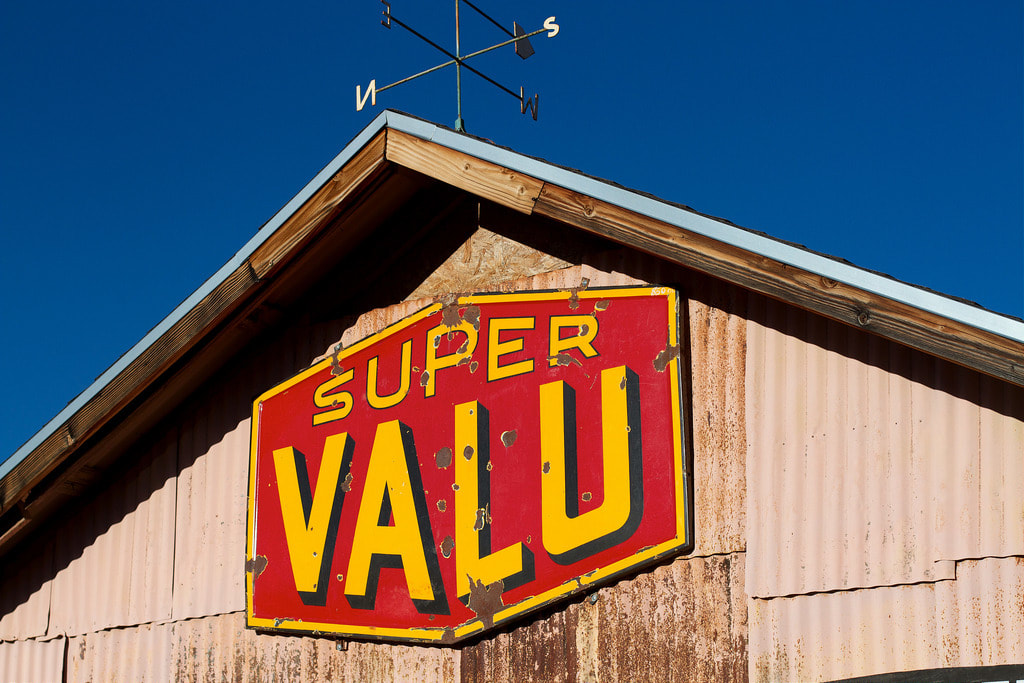That which is good, is rare. I was introduced to this Romanian phrase the other week at Bible study, when our Romanian leader for that week put this idea forward and asked whether everyone agreed with the statement. Such a statement seems true on its face. Yachts, diamonds, vintage wines, and front row seating at a concert are wonderful things, but extremely rare. They're something you savor when you experience them, and often pay a high price to obtain them. The more magnificent something is, the rarer and harder to obtain it will be.
For the most part, all of us agreed with the phrase. While I typically shy away from universal statements, it at least seemed generally true. It does seem like the best things are rare. After discussing the Romanian phrase, our leader then asked a tough follow-up question. "If the love and grace of God is so wonderful, how could it be so plentiful?" The implication, of course, was that if God's love was so amazing, it would be rare and difficult to obtain, but we know that God's love is endless and readily available. Our leader pointed out that a grace like that presented in the gospels seems like something that would devalue itself. Flooding the spiritual market with grace, like flooding the economic market with money, would make the value, wonder, and power of grace diminish. I appreciated this question, as our Romanian leader had grown up with a very strong emphasis on merit. This notion of free, unmerited grace was new to him. It seemed like he found it interesting and compelling, but couldn't figure out how such a thing could be real.




 RSS Feed
RSS Feed